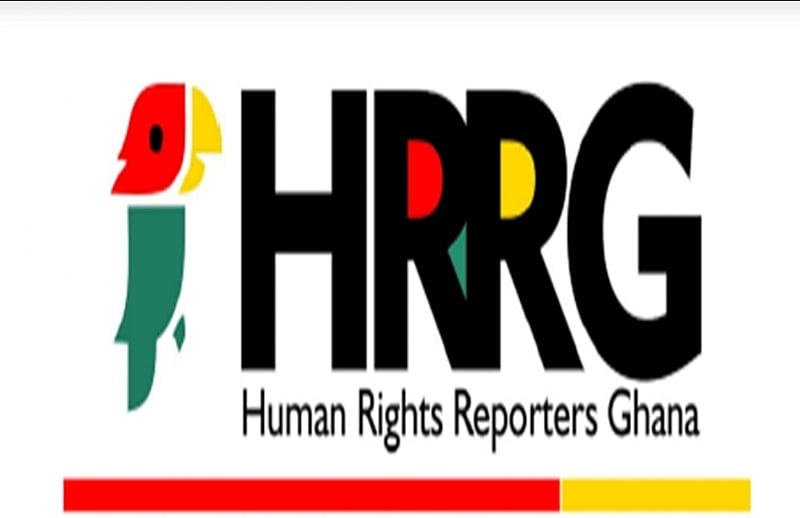The Human Rights Reporters Ghana (HRRG) has vehemently denounced the recent assault on journalist Latif Iddrisu of JoyNews, which occurred at the headquarters of the Economic and Organised Crime Office (EOCO) in Accra. This incident has ignited widespread concern and outrage, raising serious questions about the safety of journalists and the state of press freedom in Ghana. HRRG characterizes the attack as a blatant disregard for the fundamental right to freedom of expression, a cornerstone of any democratic society, and a direct affront to the safety and security of media practitioners. The organization asserts that such acts of violence undermine the crucial role of the press in holding power accountable and informing the public.
The organization’s condemnation goes beyond mere rhetoric; it calls for immediate and decisive action. HRRG demands a prompt, transparent, and impartial investigation into the assault, urging authorities to leave no stone unturned in identifying and prosecuting the perpetrators. They emphasize the importance of accountability, insisting that those responsible must be brought to justice swiftly and decisively. This call for justice serves not only to address the specific incident involving Mr. Iddrisu but also to send a clear message that violence against journalists will not be tolerated. The organization’s stance reflects a broader concern about the chilling effect that such attacks can have on journalistic freedom and the free flow of information.
Central to HRRG’s argument is the inextricable link between the safety of journalists and the health of a democracy. They argue that a free and independent press is essential for holding power to account, facilitating informed public discourse, and ensuring transparency in governance. Article 162 of Ghana’s Constitution enshrines the right to freedom of expression, underscoring the importance placed on this fundamental right within the nation’s legal framework. HRRG asserts that attacks on journalists represent a direct threat to this constitutional guarantee and, by extension, to the very foundations of Ghana’s democracy. The organization’s appeal extends beyond law enforcement, urging political leaders, civil society organizations, media associations, and the general public to stand in solidarity with journalists and actively combat threats and violence against them.
HRRG’s call to action extends to specific government authorities. The organization directly appeals to the Inspector General of Police, the President of Ghana, and other relevant authorities to prioritize the investigation into Mr. Iddrisu’s assault and to implement robust measures to prevent future occurrences. This appeal highlights the need for proactive steps to protect journalists, going beyond reactive measures after an attack has already taken place. HRRG emphasizes that journalists should be able to carry out their duties without fear of intimidation or violence. They stress the importance of creating a safe and enabling environment for journalists, recognizing that their ability to report freely and without fear is essential for a thriving democracy.
The organization’s statement expresses deep concern about the broader implications of violence against journalists, arguing that such attacks threaten not only individual safety but also national progress. They posit that a free, vibrant, and secure press is a cornerstone of Ghana’s democratic development and that any attempt to stifle or intimidate journalists undermines the nation’s advancement. HRRG’s commitment to monitoring the case and collaborating with stakeholders underscores their dedication to ensuring that such acts of violence do not go unpunished. This proactive stance demonstrates a commitment to not only seeking justice for Mr. Iddrisu but also working towards systemic change to protect all journalists in Ghana.
Finally, HRRG extends its support and solidarity to Latif Iddrisu and his family, acknowledging the personal toll that such an attack can take. The organization’s commitment to advocating for justice and safeguarding the rights of all Ghanaian journalists is a testament to their unwavering belief in the vital role of a free press in a thriving democracy. Their continued vigilance and advocacy will be crucial in ensuring that the attack on Mr. Iddrisu serves as a catalyst for positive change, leading to greater protection and security for journalists and a stronger commitment to press freedom in Ghana. They see this incident not just as an isolated attack but as a crucial moment to reassert the importance of safeguarding the rights of journalists and ensuring that they can operate freely and without fear.


